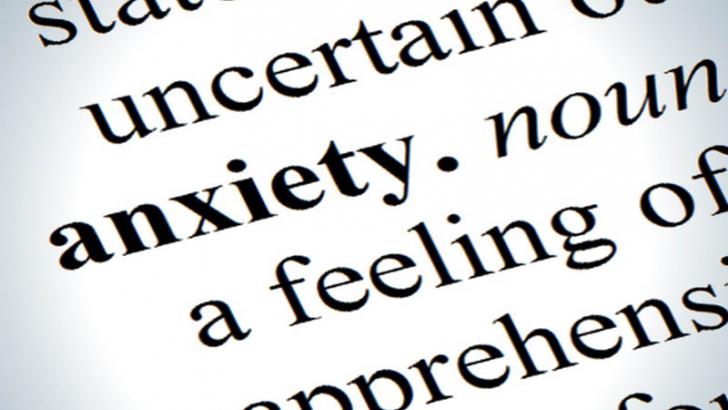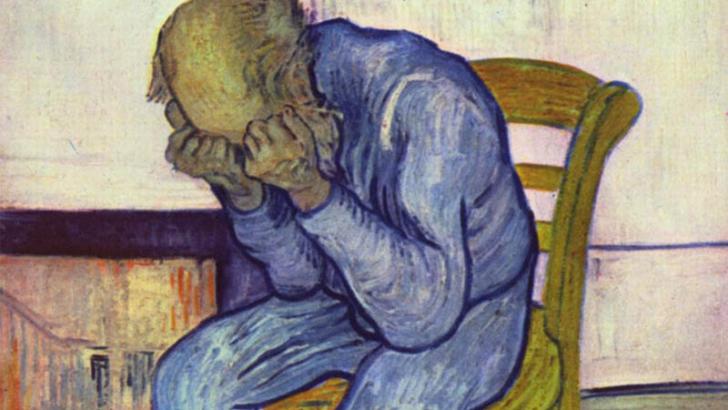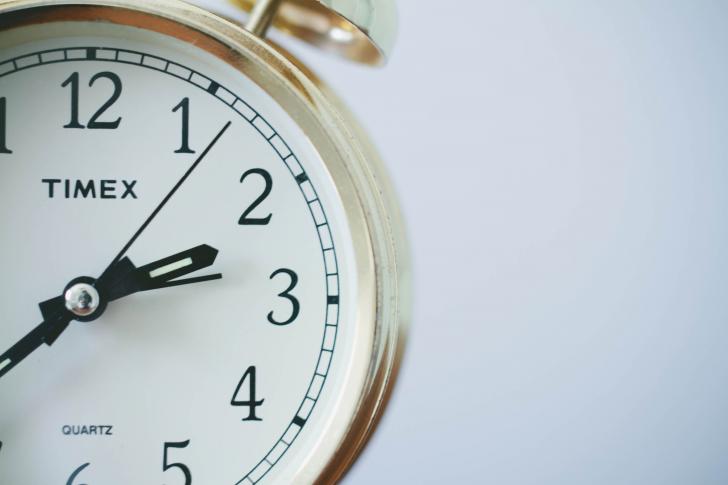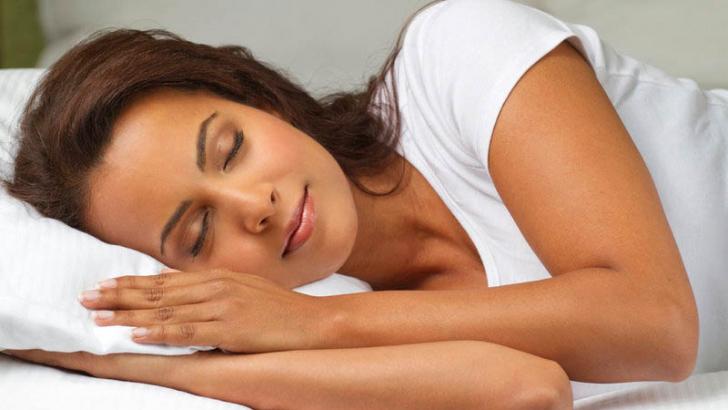Every one of us experiences anxiety in our daily lives. Some people become anxious only when faced with social situations, but for born worriers, anxiety is more than occasional jitters. It is a full blown disorder which has been identified as Generalized Anxiety Disorder (GAD).

Chronic anxiety limits our ability to enjoy our lives and can require professional medical attention. Even if your anxiety isn’t as bad, it nonetheless prevents you from living with a relaxed state of mind.
If you want to deal with this yourself, there are several self-care measures that can help you keep your anxiety in check.
Change how you think
Challenge negative thoughts
The way you think greatly affects your anxiety levels. The negative thoughts in your mind lead you to believe that you aren’t capable of dealing with your problems. You need to learn to identify these negative thoughts and then challenge them with coming up with contradicting thoughts.
For example: Imagine you are to give a presentation in front of your colleagues/classmates. You become anxious about this and begin thinking negative thoughts like ‘They won’t find me interesting’, ‘I’m going to make a fool of myself’, ‘My presentation is boring’ etc.
Before these negative thoughts become overwhelming, challenge them with positive thoughts like ‘How they see me is out of my control’, and ‘I’ve given interesting presentations in the past.’

Stop predicting the future
Thinking about the future and its uncertainties is bound to give you anxiety. When you spend your time wondering what’s going to happen instead of focusing on what’s happening now, you are wasting your time and energy worrying about things that cannot be helped.
So, you should learn to live in the moment.

Designate worry time
Nonetheless, if you’re going to worry about the future and everything else, assign a time period each day for worrying and nothing else.
Give yourself 20-30 minutes every day to worry but make sure not to worry beyond this time period. When a worrisome thought pops up in your mind, tell yourself ‘I have already worried for today, this can wait’.

Don’t read minds
You don’t know what other people are thinking. You only assume what they are thinking and for anxious people this doesn’t end well.
This means that you sometimes assume the worst without any consideration and feed your anxiety. So prevent yourself from making assumptions about what other people are thinking about you.
Learn how to relax
Relaxation techniques are important tools to reduce symptoms of anxiety and promote feelings of well-being and relaxation.
Breathing exercises
Controlled breathing is a useful tool that can help attaining a relaxed state. It increases alertness, calms your nerves and is very helpful in reducing anxiety. There are a number of breathing exercises that you can do when you’re feeling anxious.
- Equal breathing: Inhale for four seconds and then exhale for another four seconds.
- Abdominal breathing: Place one hand on your chest and the other on your abdomen. Inhale deeply inflating the diaphragm and exhale slowly. Repeat this for ten minutes every day.
- Alternate breathing: Sit straight and place your right thumb over the right nostril. Inhale deeply and exhale through the left nostril by placing your index or ring finger over the left nostril.
Meditation
Meditation helps in quieting the hyperactive mind of the anxious mind. While meditating, you can identify with your thoughts and detach yourself from them.
Meditation requires you to remain centered and experience the silence of the mind. You may get restless at first but once you practice you can overcome your need to keep thinking about your problems.

Sleep well
Lack of sleep will make you edgy and unfocused, which makes you more anxious.
A good night’s sleep improves your ability to manage anxiety. A comfortable room, fresh bedding and quiet environment will help you with this. You should maintain a sleep routine every day to balance your natural sleep cycle. A light exercise will tire you and will induce sound sleep.
You should avoid consuming caffeine and alcohol before bedtime as these will keep you awake.

Make lifestyle changes
Eat healthy
Don’t let your anxiety get in the way of your daily diet. A healthy diet is crucial for physical and mental well-being. You should make a habit of having regular meals containing plenty of fruits and drink plenty of water to keep yourself away from dehydration.
Reduce caffeine and alcohol intake
Caffeine and alcohol are known to be stimulants that can elevate the symptoms of anxiety. Caffeine stimulates the nervous system and increases alertness but for people with anxiety it can trigger anxiety attacks.

When you consume alcohol to relieve anxiety, you start requiring more amount of alcohol to relax. This leads you to have a drinking problem because you become dependent on alcohol to reduce stress.
Green tea is an excellent replacement for coffee and alcohol as it contains theanine which can help in relaxation.
Start exercising

Exercising is the last thing on your mind when you’re troubled with anxiety but physical exercise can actually help you feel good. When you engage in physical exercise, endorphins are released which are feel-good chemicals. Regular walks or playing sports can alleviate your mood and keeps your body active.
